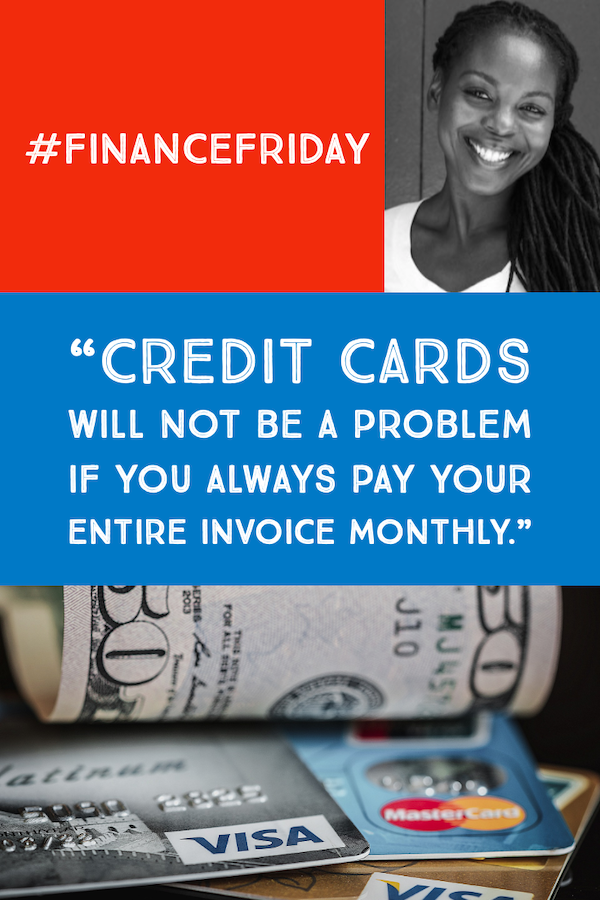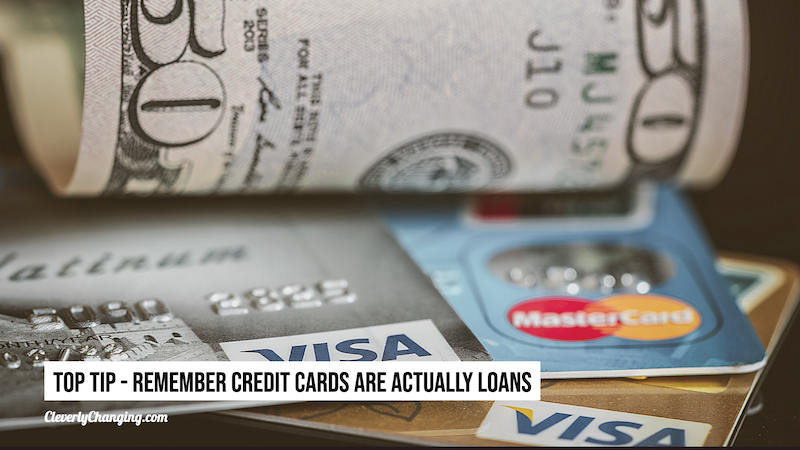Everyone wants to have perfect credit. Unfortunately, there are circumstances that make this out of reach for most people. Having fair credit, however, doesn’t mean you’ll never get accepted for a credit card. There are several credit card options for people with so-so credit.
What to Look for in a Credit Card if You Have Fair Credit
There are tons of credit cards out there. What’s available to you is going to depend on your credit history. People with average credit are going to have fewer choices than those with good credit. These lines of credit also aren’t going to come with as favorable terms and conditions.
Here are a few things to consider when you’re trying to find a card that works for you:
- Look for cards with no annual fee. If you’re working with fair credit, you want to ensure you can use your available funds for keeping your debt under control. Having to pay annual fees to use a credit cards will set you back in this regard. There are likely going to be cards available to you. Just do a bit of searching to find one that fits the bill.
- Determine if you must go with a secured credit card. This isn’t the best avenue for borrowers. A secured card has you put down a deposit in order to give the lender some kinds of collateral if you don’t pay them. It can be tough to come up with this upfront payment; but it’s sometimes the only way to go if you don’t have a robust credit rating.
- Look at the benefits. One of the main perks of a credit card is it often pays you to use it. See what sort of cash back and other benefits come with each card. You’ll ideally want to find one with purchase protection as well. It’s important to note, however, you shouldn’t spend more in order to chase benefits like cash back. This is especially true if you’re getting a card with fair credit, as your APR is likely going to be at least 20 percent. Not paying a balance will completely negate any cash back benefits.

Performing a Balance Transfer
Some people with fair credit might want to review their credit card options in order to perform a balance transfer. This can be a helpful way to pay down your debt while taking advantage of a zero percent introductory rate. But you need to read the fine print before doing this.
Most lenders assess fees for balance transfers. This will typically be under five percent of the balance. However, that can still be a decent chunk if you’re transferring a sizable credit load. For example, a three percent fee on a $2,000 balance would cost you $60 right away. Furthermore, you need to actually work to pay down the loan if you do a balance transfer, or else you might end up in an even worse situation.
Dealing with Credit Issues
People struggling with credit card debt and credit issues should consider all available paths; frankly, be aware of your credit card options. Sometimes, it makes more sense to seek help than to try fixing everything on your own. This is where debt relief agencies come into play. People who do debt consolidation can simplify their repayment schedule. Enrollees in debt settlement programs like Freedom Debt Relief may be able to negotiate with creditors to pay off balances for less. These are just two examples.
Additional Things to Consider so know your Credit Cards Options
There are some other things to think about before you start applying for credit cards. The first, and maybe most overlooked,
It’s also smart to not apply for too many cards at once. Doing this can hurt your credit score, as it can give the impression of financial desperation. Even if this isn’t the case, you should try to space out your credit card applications in order to avoid a knock to your credit.
Getting a credit card isn’t something to be taken lightly. Consider all these points before your start apply for cards with fair credit.



